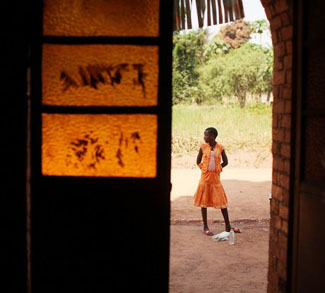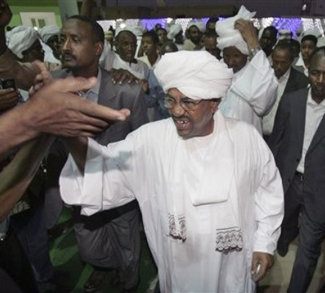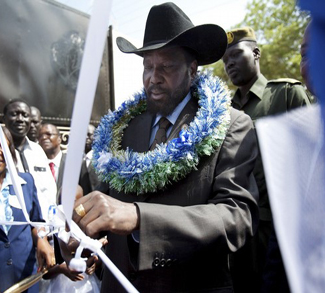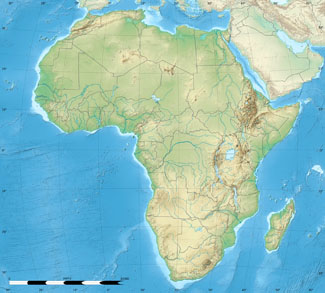FORECAST
While official results from the referendum in Sudan will not be revealed until sometime in February, it has become somewhat of a foregone conclusion that Africa’s largest country is on the verge of splitting. This is sure to impact not only regional stability, but politics across the wider African continent.
Anticipating the impending split, Salva Kiir has already begun to plead with the population of southern Sudan to not embark on any score-settling after they achieve their long-anticipated independence. His calls for forgiveness and restraint towards the north are nothing if not timely given the incendiary issues that remain unresolved in north-south relations.
First and foremost in these issues is the question of Abyei. Abyei is a region that straddles the north-south border and it is home to crucial pasturelands and the Defra block- an oilfield administered by China’s CNPC. The future of Abyei, whether it ends up in north or south Sudan, is still very much up in the air as all of the details of its own future referendum are still being hammered out. Nomadic Arab populations from north Sudan and non-Arab farmers with ties to the south have both staked strong claims to the area. The region’s strong links to north and south Sudan, as well as its economic importance, make for a forecast of sustained violence. Already, clashes in Abyei have resulted in the deaths of over 60 people in January alone. This violence should be expected to continue so long as Abyei’s future remains ambiguous, and the danger of conflict spreading to other regions along the border remains very real.
Another unresolved flashpoint is how the revenue of Sudan’s oil wealth should be shared. Eighty percent of Sudan’s oil fields are in the south, but all crucial pipelines snake their way through the north to the Red Sea. The Comprehensive Peace Agreement of 2005 has governed oil revenue sharing in the past and it will remain in force until the south officially becomes independent later this year. Under the CPA, all oil revenues in the south were split 50-50, meaning that southern oil revenues have been crucial in financing Khartoum over the past six years. Once this revenue stream is cut off by southern independence, it’s quite possible that the government of northern Sudan will experience some degree of financial crisis over the short to medium term. Under these circumstances, pressure will be high for the north to, at the very least, hang on to Abyei and in a worst case scenario use localized violence as a pretence to re-assert military control over southern energy assets.
In a wider sense, the referendum in Sudan could one day be looked back on as a seminal event that opened the floodgates for redrawing the map of Africa. There is no shortage of sectarian conflict on the African continent, and disenfranchised populations in Nigeria, the Democratic Republic of Congo, Somalia, and Togo could view the Sudan referendum as a hopeful sign that Africa’s colonial-era borders are not sacrosanct. Of course, if the referendum in Sudan has opened the Pandora’s Box of national self-determination in Africa, then the short-term forecast has to be widespread violent conflict; the most commonly used method of determining who wins when the map is redrawn.




